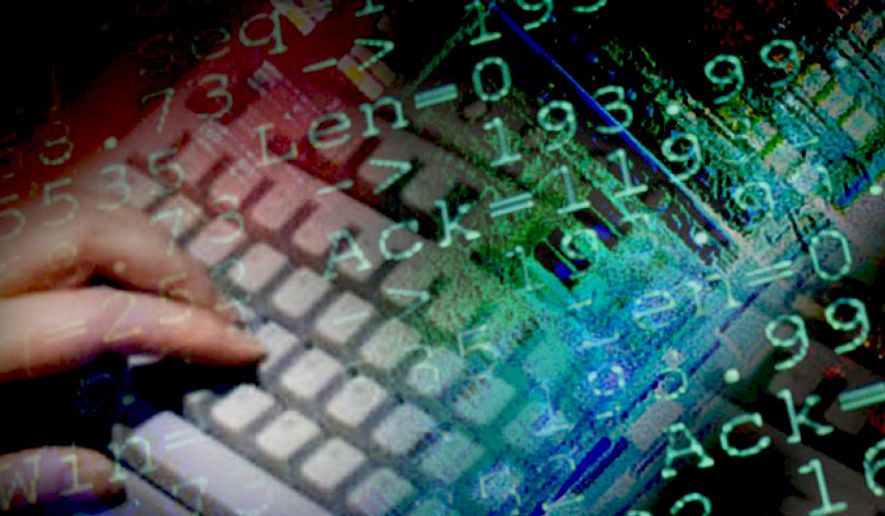The Obama administration was ready to launch a wide-ranging cyberattack against Iran that could have rivaled the “Stuxnet” worm, but put its plans on ice after an agreement was reached last summer over the nation’s nuclear program, a new documentary revealed.
Academy Award-winning filmmaker Alex Gibney said that the effort — code-named “Nitro Zeus” — was “likely the largest and most complex cyberwar plan the U.S. has ever created,” BuzzFeed News reported Tuesday.
Nitro Zeus called for a multi-pronged attack against Iran’s air defenses, communications systems, portions of its power grid and other critical infrastructure, according to Mr. Gibney’s film, “Zero Days,” which debuted Wednesday at the Berlin Film Festival.
The contingency plan was developed shortly after President Obama took office in 2009 and shelved after Iran agreed in July to roll back most aspects of its nuclear program, The New York Times reported this week, citing Mr. Gibney’s film and interviews conducted with government officials familiar with the program.
Nitro Zeus “took on far greater urgency” than other contingency plans because the Obama administration feared Israeli Prime Minister Benjamin Netanyahu would launch an attack on Iran if nuclear negotiations fell through and prompted the U.S. to get involved, The Times reported.
“This was an enormous, and enormously complex, program,” a source involved with the effort told the newspaper on condition of anonymity. “Before it was developed, the U.S. had never assembled a combined cyber and kinetic attack plan on this scale.”
The Times reported that the plan would ultimately be executed by the U.S. Cyber Command, a division of the Department of Defense, but only after hackers working for the NSA had penetrated Iran’s nuclear networks and critical infrastructure.
The U.S. and Israel are attributed with sabotaging the Iranian nuclear program during the early days of the Obama administration with Stuxnet, a computer worm that reportedly ruined roughly one-fifth of the nation’s nuclear centrifuges by spreading from machine to machine.
Speaking in Berlin Wednesday, the filmmaker said that the U.S. has hardly been forthright about the scale of its cyber operations.
“I am angry about the incredible amount of secrecy in the United States and how it’s become a kind of obsession that is damaging our democracy,” Mr. Gibney said, Variety reported. “I hope [the film] is a cry to arms, I hope we rattle some cages.”
• Andrew Blake can be reached at ablake@washingtontimes.com.




Please read our comment policy before commenting.